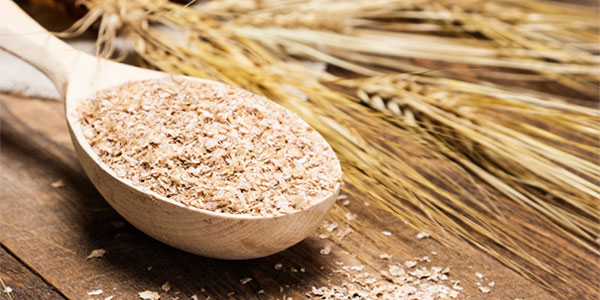Why You Shouldn't Ignore Constipation
At some point in your life — perhaps often — you’ve likely felt constipated. It’s a common complaint. More than 42 million people Americans from chronic constipation, according to the National Institutes of Health.

Given embarrassment about restroom habits, people rarely discuss constipation as a medical issue. But regular bowel movements are critical to keeping your digestive tract healthy.
Healthy Bowel Movements
Katerina Shetler, M.D., a gastroenterologist with Sutter, says people tend to blame constipation when they have any difficulty with bowel movements. But the true definition of constipation includes these symptoms:
- Decreased frequency of bowel movements (fewer than three in a week)
- Difficulty passing a bowel movement, with straining and a sense of incomplete evacuation of the colon
- Very firm, dry bowel movements, no matter how frequently you have them
Dr. Shetler says it’s a myth that you need to have a bowel movement every day. Instead, it’s all about the consistency of your stool and the sensations your colon experiences.
“If your bowel movements are soft, effortless to pass and leave you feeling that everything has been eliminated, it doesn’t matter how often they happen,” Dr. Shetler says. “Even a daily bowel movement can be a problem if the stools are very hard, small and difficult to pass.”
How Elimination Works
Smooth elimination requires a coordinated effort of several body parts. The colon, also known as the large intestine, helps transport food waste out of the body by absorbing enough fluid to soften it and moving solid waste through the abdomen to the rectal and anal canal, a process called colon motility.
The rectal and anal canal is designed to move the stool out when needed, but not a moment too soon. The rectosigmoid area recognizes that stool is present and gives you the urge to go to the bathroom. You cooperate by using coordinated efforts of pelvic floor muscles to eliminate waste — hopefully without significant straining or difficulty.
Constipation Concerns
Certain medications cause constipation, such as antidepressants, pain relievers, antacids and cholesterol medications. So as long as you’re taking them you’ll need additional treatment to ensure healthy movements, Dr. Shetler says.
Sometimes, constipation indicates a serious medical condition, especially if your symptoms are sudden and new. Consult a doctor if you’re concerned or if you experience rectal bleeding, abdominal pain or unexplained weight loss.
Your physician might uncover constipation causes such as metabolism disorders, bowel obstructions, cancer, problems with nearby pelvic organs (such as pelvic prolapse), or medication side effects. Your primary care doctor may also refer you to a gastroenterologist, who specializes in digestive health.
How to Ease Constipation
If no serious medical condition exists, you can usually resolve constipation with these simple, healthy habits:
- Eat enough fiber: Ideally, get your fiber from food, such as whole fruits, vegetables and whole grains. However, you might need to take a fiber supplement.
- Drink lots of water: Figure out if you're dehydrated. Make sure you're getting enough fluids each day.
- Stay active: Moving your body stimulates the colon and helps your digestive system function well. Take a 20- to 30-minute walk every day to loosen things up.
- Pay attention to your body’s signals: If you have the urge to have a bowel movement, follow through on that urge; waiting only makes your constipation worse. After a meal or after a walk is a good time to visit the bathroom because both stimulate the colon.
If these measures don’t improve your bowel patterns, you might need to try mild laxatives, Dr. Shetler says. “The first step is stool softeners, which are designed to allow the stool to absorb more water, making it easier to pass. Try these for three to four weeks, on a daily basis, to see if your constipation improves,” she says.
Talk to your doctor if you're concerned about constipation or get a referral to a gastroenterologist near you.
Discover Similar Stories
Choose a topic below to read more stories like this one.
Relief for Your Gut
From heartburn to IBS, our gastroenterology specialists provide personalized care to help soothe digestive problems.





